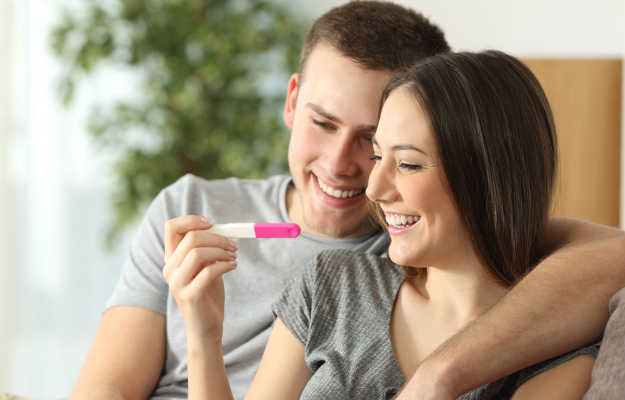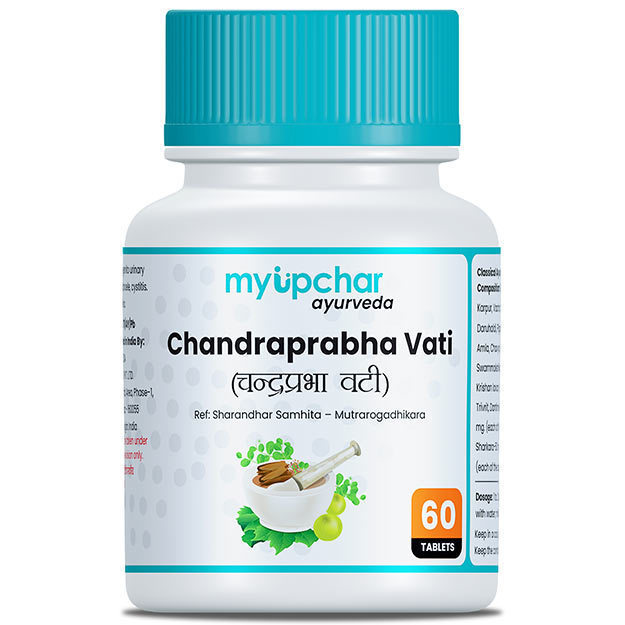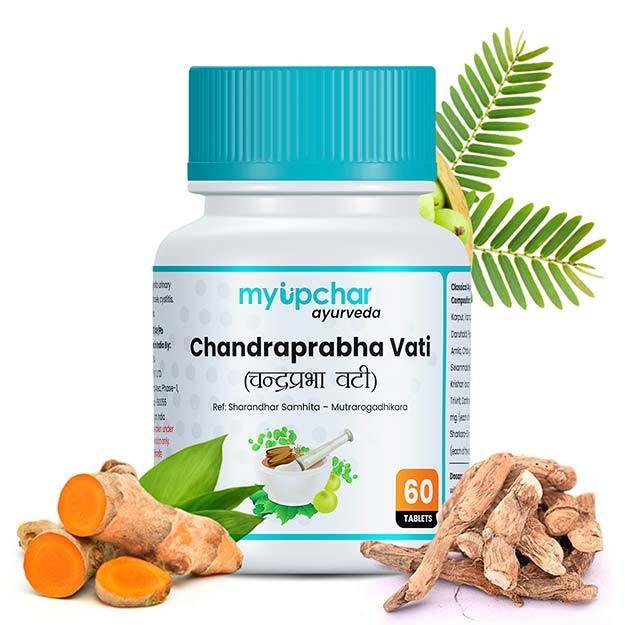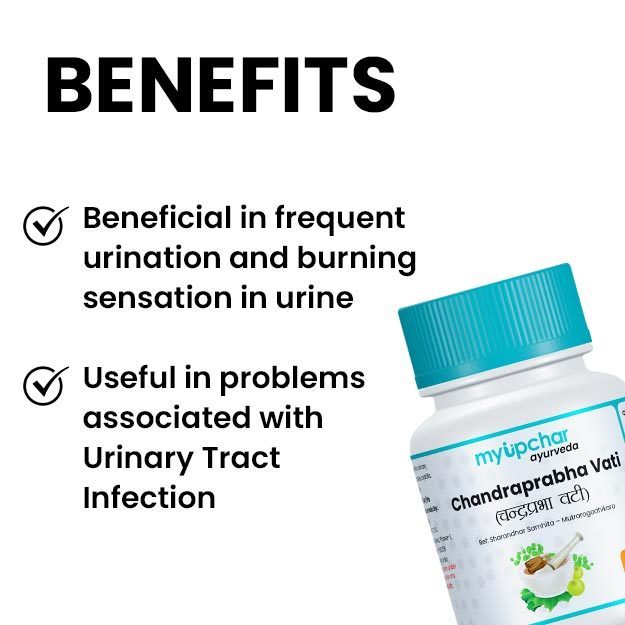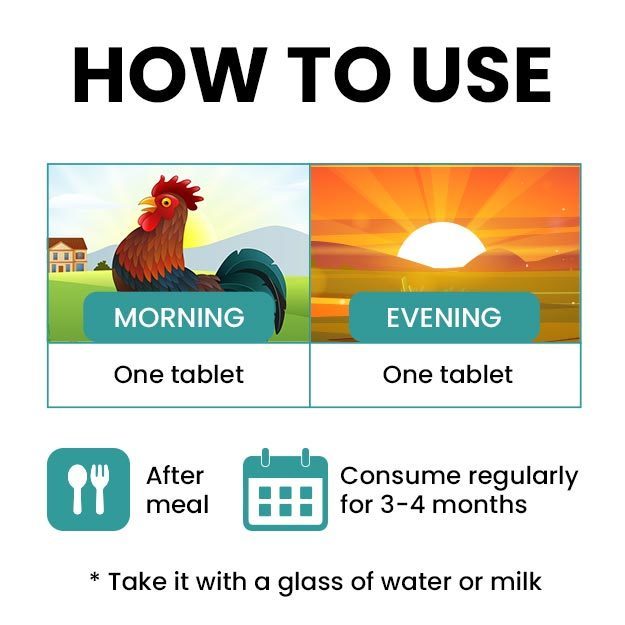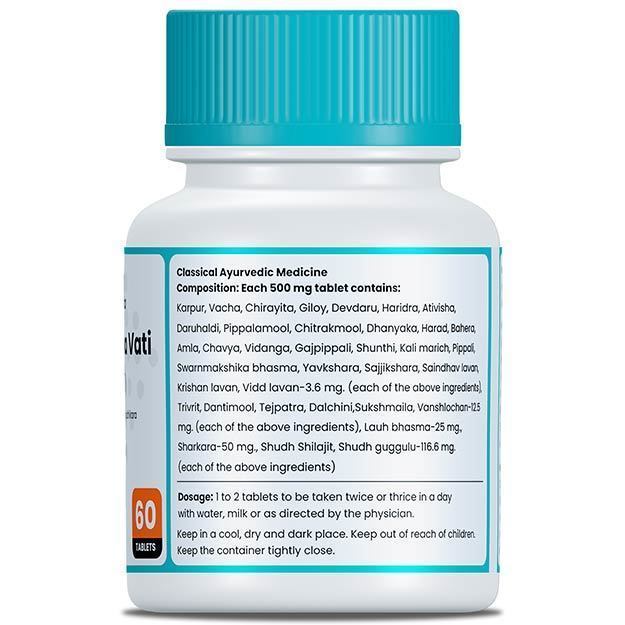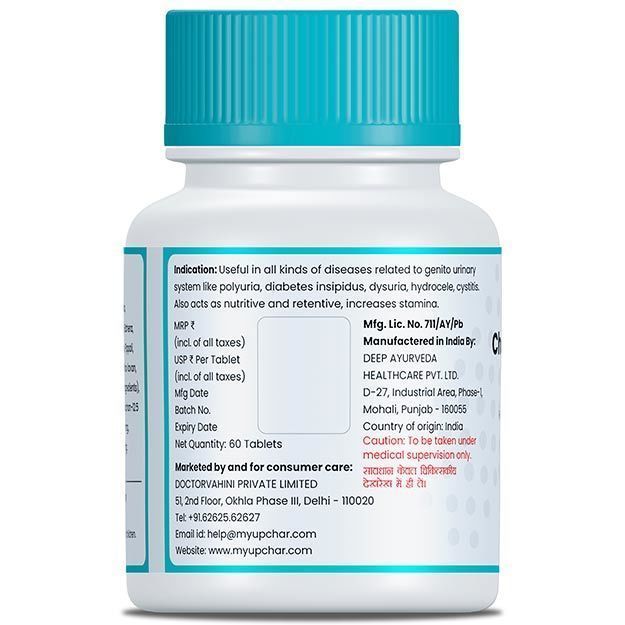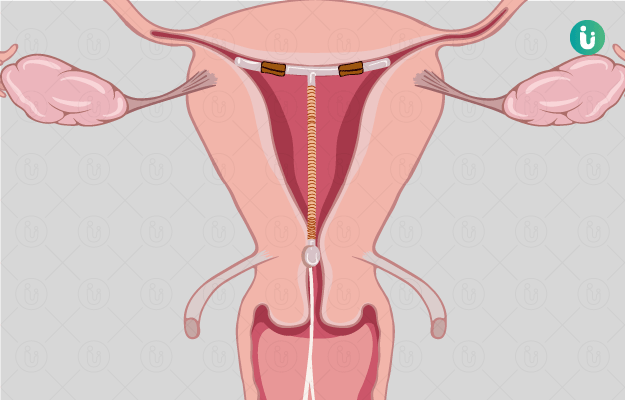Even today many people are unaware that when it is right to have sex to get pregnant. Even after marriage, many women are not aware that how many days after periods or how many days before having sex increases the chances of getting pregnant. Many men are also unaware of this. The time to get pregnant depends on the fertile point of the menstrual cycle. If your menstrual cycle is of 28 days, you usually ovulate around day 14, which is the ideal time to have sex.
You can know about female fertility treatment by clicking on the link given here.
Today in this article we will know when to have sex to get pregnant -
(Read More - Women fertility drugs)

